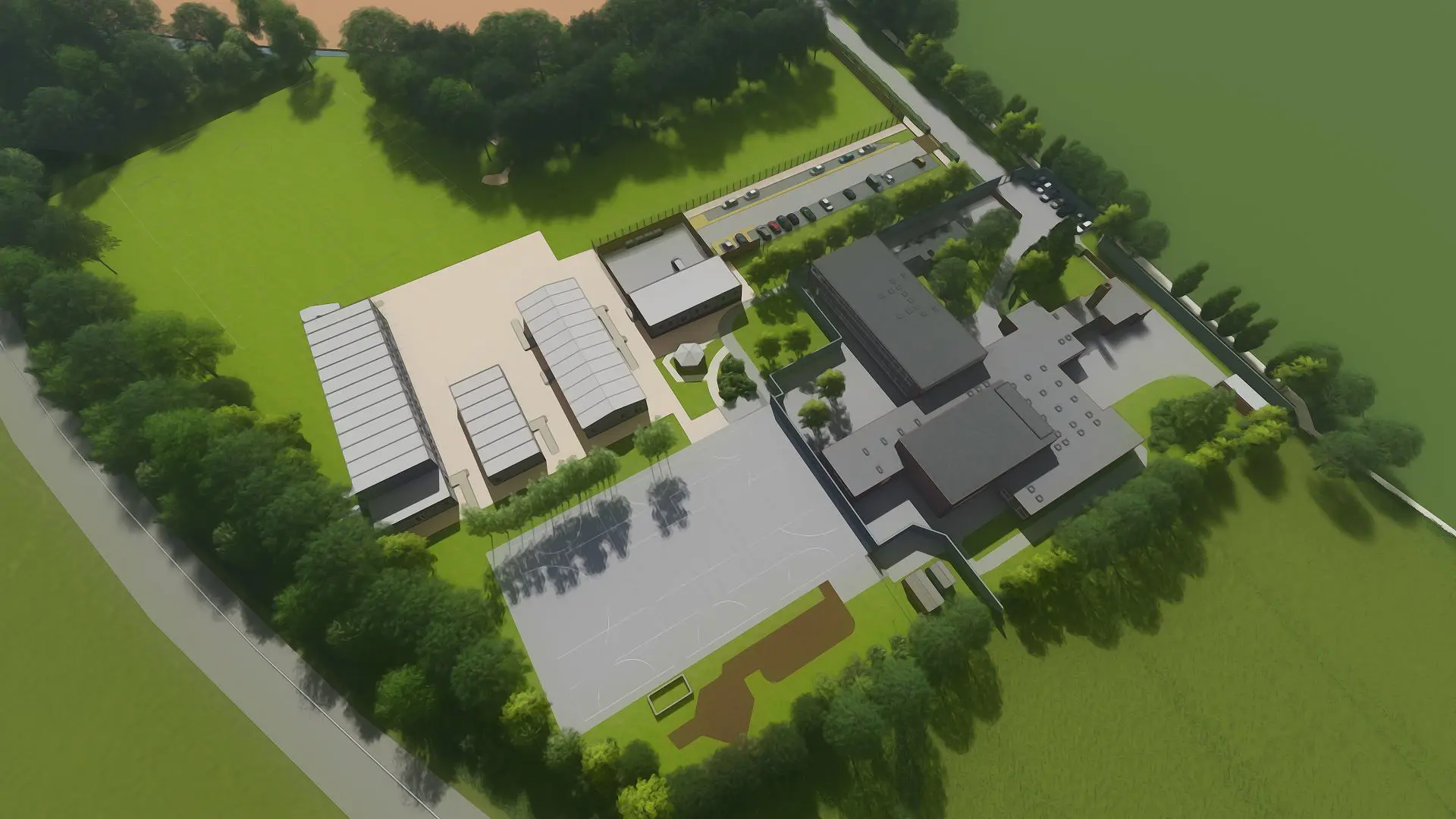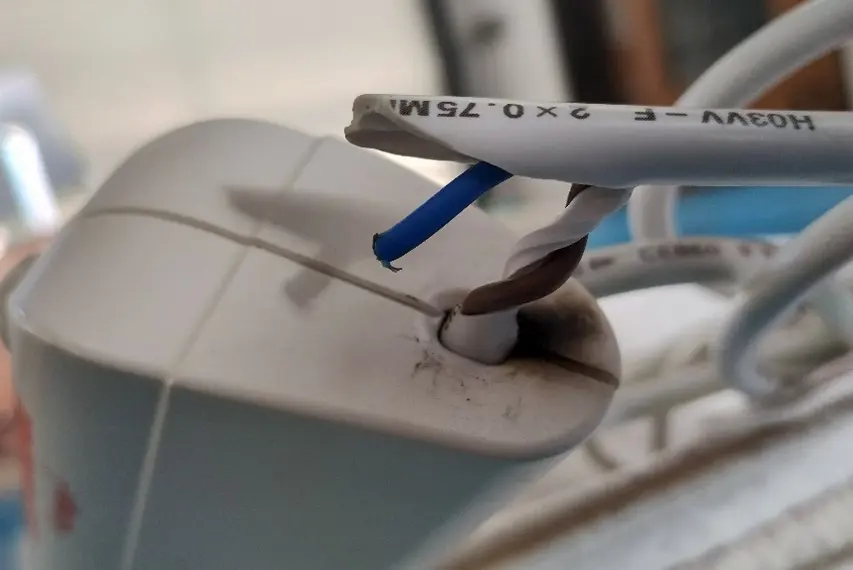Local Electric Vehicle Infrastructure (LEVI) Project
What is the LEVI Project?
Fully funded by the Department for Transport (DfT), the LEVI project is a countrywide initiative which aims to provide access to on-street EV chargepoints to residents without home charging facilities.
Upon appointing suitable Chargepoint Operators (CPOs), we will look to install public chargepoints in residential areas across the county, helping you to make the switch to electric vehicles.
Where will chargepoints be installed?
Several potential sites have been identified through demand modelling, which considers current EV ownership, travel habits, population density and other relevant data. This analysis helps in identifying the best locations for installing chargepoints to ensure they are conveniently situated where they are most needed by residents. The exact locations will be guided by consultation with residents and assessment of demand, highway feasibility and grid connection viability. More information on installation sites will be made public once it becomes available.
What type of chargers will be installed?
The LEVI project will install primarily standard output chargers (7-22kW), however a small proportion of installations will also be rapid chargers (50kW).
Who decides which sites are chosen?
We are working closely with our partners and communities to ensure that the site selection process is collaborative and well-informed. Although we must operate within the funding requirements, our residents’ needs will be at the heart of our decisions.
Who is funding this project?
The DfT has provided us with both capital and revenue funding grants, meaning this project is completely externally funded, at no cost to the council.
How much will it cost to charge my vehicle?
Our focus is to provide affordable charging to all residents. Therefore, we are implementing price restrictions on tariffs to ensure the cost of charging is always relative to the cost of electricity. We will not know exact costs until a contractor is appointed.
Is there enough grid capacity for new chargepoints?
The LEVI project works closely with the National Grid to ensure the grid is not overwhelmed. A majority of the chargepoints installed will be standard output to ensure electrical demand does not exceed supply.
How environmentally sustainable is the project?
Our goal is to supply all of our chargepoints with 100% renewable energy. We will closely monitor all electricity inputs to ensure our charging network is both green and sustainable.
Will hybrid vehicles be supported under this project?
Yes, any vehicle that is compatible with the charging sockets (including both hybrid and fully electric vehicles) will be able to use the public charging network.
What will be done to prevent non-EVs from parking in EV charging bays?
Each charging bay will have clear signage and road markings indicating that the space is reserved for EVs and specifying any time limits. Where misuse occurs, we will monitor the situation and consider further enforcement measures if needed.
What plans are there to engage local communities in learning more about EV benefits and usage?
We’ll be at local events to help everyone learn about switching to electric vehicles. For more information, visit our electric vehicle events page.
How will the council ensure a fair and inclusive rollout of EV infrastructure?
To support a well-distributed charging network across the county, we will continue to conduct consultations and collaborate with our residents, partners and communities. We are committed to enabling all residents to access chargepoints, no matter where they live.
What timeline can residents expect for EV chargepoint installations?
It is our ambition to appoint a supplier as soon as possible to ensure Nottinghamshire's charging infrastructure is in place to meet the growing demand.








